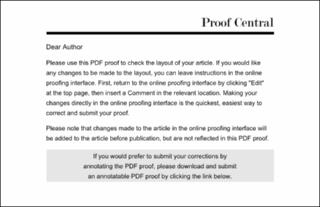| dc.description.abstract | Purpose – This study aimed to identify and profile segments of seaweed consumers in the United Kingdom. Design/methodology/approach – Hierarchical k-means cluster analysis was used to identify consumer segments based on consumers’ self-identity and environmental values. In addition, the study used subjective knowledge, intentions and consumption to profile different consumer segments. The data were collected in 2022 through a consumer survey with a representative sample from the United Kingdom (n 5 1,110). Findings – Cluster analysis segmented consumers into three groups: progressive (39%), conservative (33%) and egoistic (28%). The progressive segment was most likely to consume seaweed food products. Consumers in the progressive segment identify themselves as food innovative and healthy; they also highly value the environment and their pleasure. Conservative and egoistic consumers were significantly less likely to consume seaweed food products. Practical implications – The results suggest that public policy officers and marketers promote seaweed food products by emphasizing biospheric values for innovative (younger) consumers, as well as seaweed’s good taste and nutritional/health qualities. Originality/value – This study identifies and examines the profiles and characteristics of seaweed consumers based on their values and self-identity. Through this research, the authors have discovered how environmental values and self-identity can effectively group consumers into homogeneous segments. Moreover, the authors have identified a specific consumer group in the UK that is more likely to consume seaweed food products. | |
